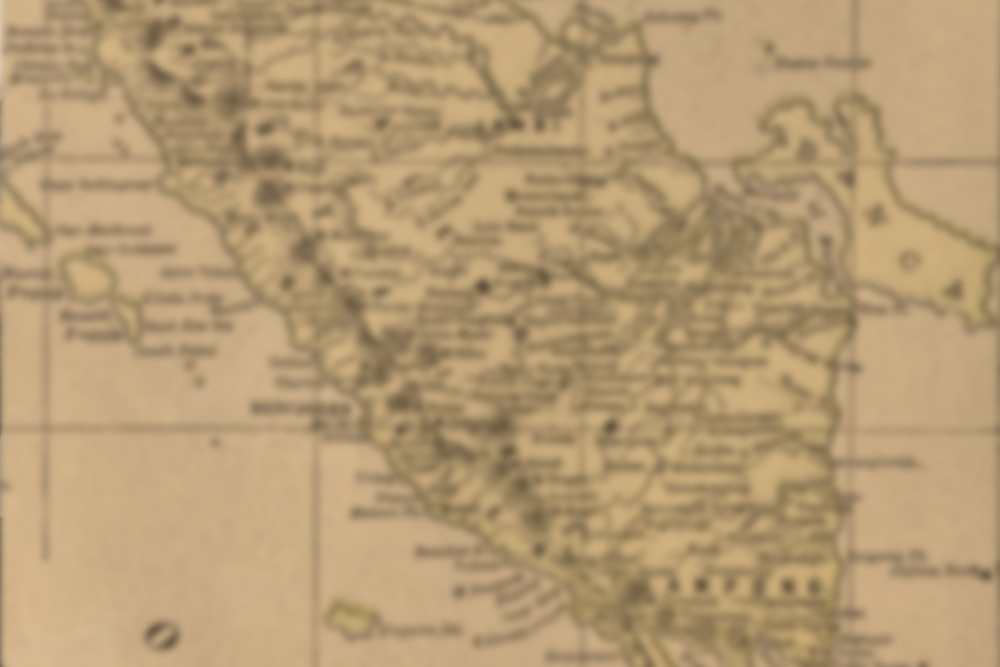
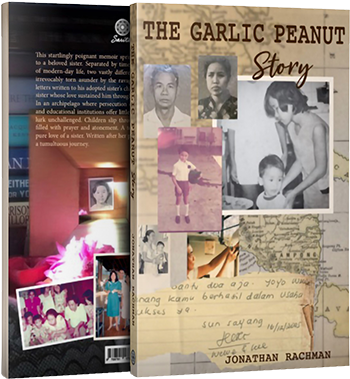
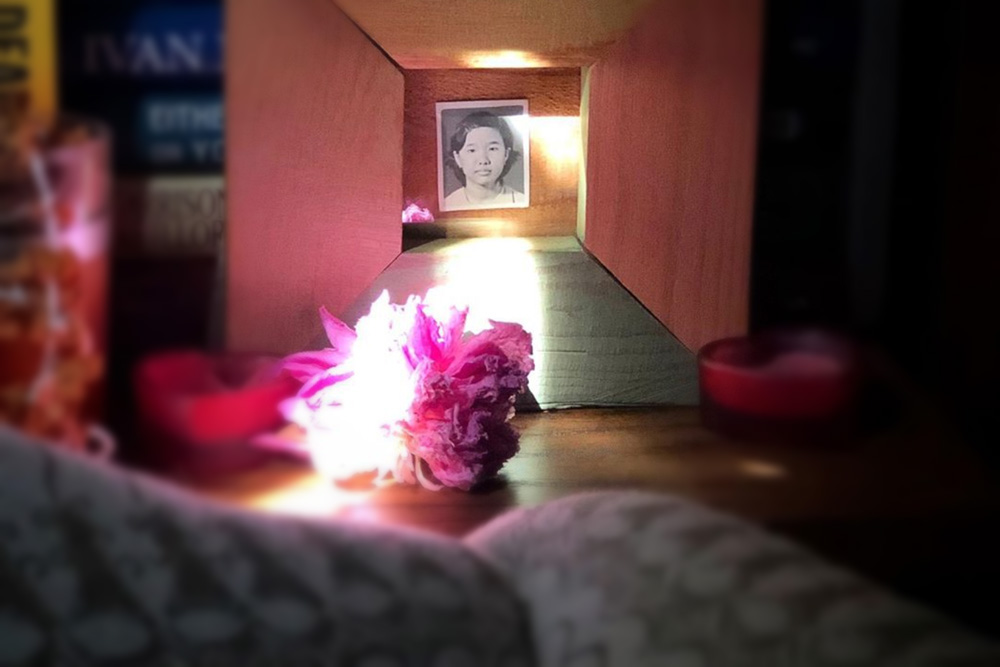
For my sister Wewe, and her two children, Grace and Zef…
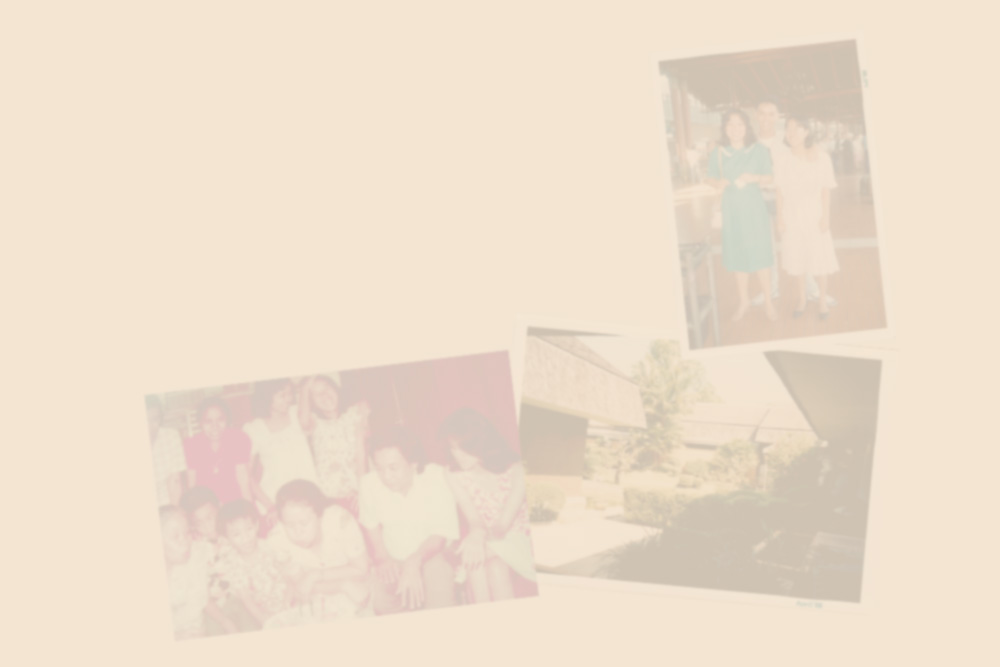
About
This startlingly poignant memoir springs from a desire to pay tribute to a beloved sister. Separated by time, geography and the dislocation of modern-day life, two vastly different lives pursue divergent paths, irrevocably torn asunder by the ravages of terminal illness. Through letters written to his adopted sister’s children, we learn of gratitude for a sister whose love sustained him through a painful childhood. In an archipelago where persecution of LGBTQ remains commonplace and educational institutions offer little respite from bullying, predators lurk unchallenged. Children slip through cracks while adult lives are filled with prayer and atonement. A terrified child is sustained by the pure love of a sister. Written after her passing, letters of gratitude reveal a tumultuous journey.
Jonathan documents the pain of being born different and growing up queer in a large and dysfunctional family where undertones of cyclical and inherited violence lurk. In the hurly-burly of a vast household populated by disparate siblings, sycophants and hired help, there seems to be no shortage of relatives to care for the family, but one particularly sensitive child falls through the cracks into his own personal hell, while perpetrators remain invisible.
While themes of sharing, prayers and atonement dominate adult lives dedicated to God’s works of charity, evil acts are perpetrated, as innocence and light are violently taken from a child. Travel abroad to study, learning to write and discovery of gay mentors, who empower with good counsel and kindness, brings liberation. It is this love that drives the author to reach out, and in giving thanks to his beloved sister, to expose the need in this world for more acceptance and awareness.
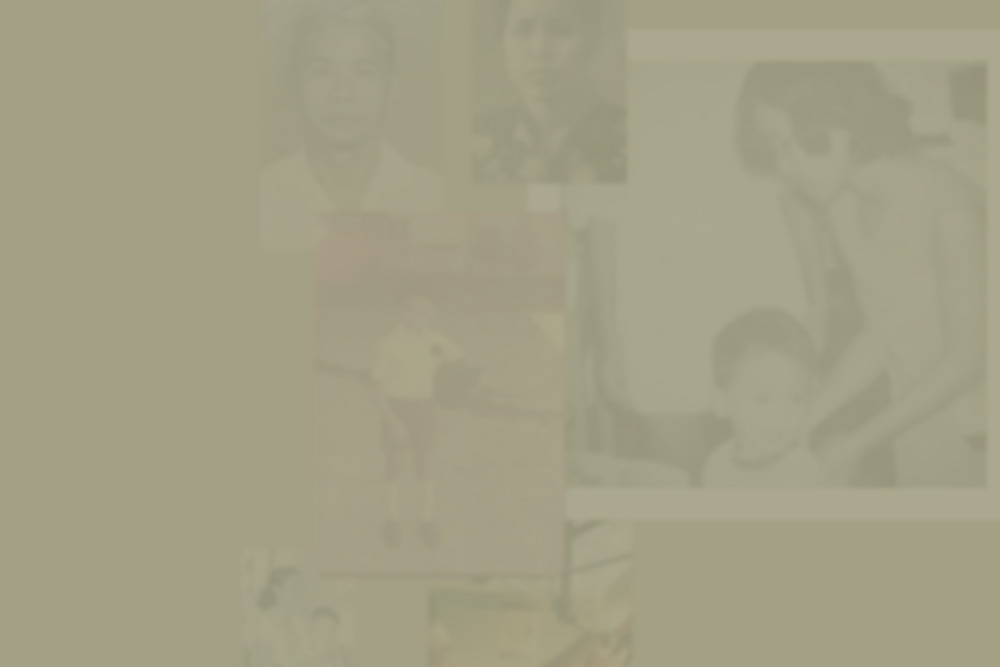
Excerpt from Chapter 3: The top of the Stairway
“The afternoon was always scorching hot and I complained a lot so Wewe would pick me up and carry me along with everything she and I had: bags, water canteen and little sacks carrying treats for us and for her family. Now in retrospect I realize what a whiner I was. My sister always held my hand as long as I would walk, and then she would carry me when I got too lazy. She never scolded me, nor did she ever ask me to walk longer than I wanted to.
Once the oplet arrived, if we were lucky, we would sit next to each other. If it looked like we would have to be separated, she would instead put me on her lap, hugging me tight. She never missed an opportunity to educate me about what we saw as we travelled along, commenting on animals people brought along as pets, or for food, different types of fabrics people wore and scenery along the way. I saw monuments to the Krakatoa island volcanic eruption, learned the locations in relation to our house, her school and mine, and she taught me the names of the streets we passed.
The ride that I now know as a short distance felt like it took hours in my childish mind. The heat, the smell of the passengers, the pollution of car exhaust fumes, clove cigarettes, the chickens and fish around us and the loud blasting music over the loudspeaker was more than I wanted to endure. In spite of this it was always very special to me, as I was with my sister and it was our own private time together for the afternoon.
We got off at the base of a steep stairway and started our way up. For little me then, those were the most challenging steps I had ever had to climb. From the sidewalk at the bottom it looked as if it would take us an entire day to climb to the top, plus I was so scared of the height and gradient of the steps. The way I remember it, it felt as if my sister and I would tip over backwards, and fall head over heels. I dreaded this moment, on every single trip. But I also knew once we got there we would have so much fun.
From the look on my face, my sister probably knew how scared I was, as she usually scooped me off my feet and carried me. She was not much taller than me, plus she had our bags to carry as well. Once we reached the top of the stairs, there was a long road awaiting us. Rain or shine, that road was always muddy and rocky, and full of nasty sharp stones too. The sun would be blazing, and sweat rolled down our cheeks making our t-shirts soaking wet. Wewe would make sure that we stopped midway for a break, and she would pull out a canteen for us to drink from or we would stop at a roadside warung to get homemade snacks sold by her neighbors in the hills. They were always happy to see us and always said how cute her ‘little brother’ was and this always made me so proud, to be referred to as her brother.
The way to her parents’ house was still far, and uphill all the way. Finally we would reach a bend and we could see their house perched in the distance, on a tiny cliff. It was such a big relief and joy to be there, we would run the rest of the way, all the way to the back door of her family house. I remember it was the one with the Dutch-style door, the top one, that was always ajar.”
Get a copy of the book!
All proceeds go to the children and people in need. While Jonathan does not have a formal foundation, he and his husband donate to their favorite foundations and directly to the individuals who need their support in Jonathan's home country and all over the world.
Order NowTo order outside of the US contact: info@thegarlicpeanutstory.com

